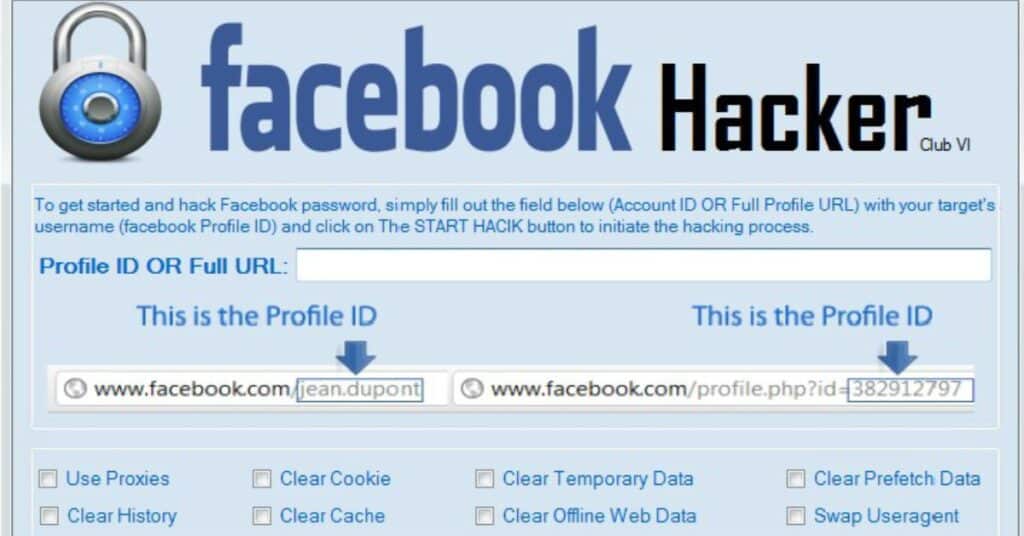In the digital age, Facebook has become a prime target for hackers seeking to exploit users’ personal data. Hacking a Facebook account involves unauthorized access to an individual’s profile, often resulting in unauthorized posts or changes to account details.
This breach of privacy can have serious consequences, including identity theft and financial fraud. Protecting against such attacks requires vigilance and proactive security measures to safeguard personal information from cybercriminals.
Understanding Facebook Hacking
Facebook hacking involves unauthorized access to users’ accounts, potentially leading to data breaches, identity theft, and fraudulent activities.
Hackers employ various methods like phishing, keylogging, and session hijacking to gain entry. Understanding these tactics is crucial for safeguarding personal information and preventing cyberattacks on social media platforms.
Facebook Hacks and Vulnerabilities:
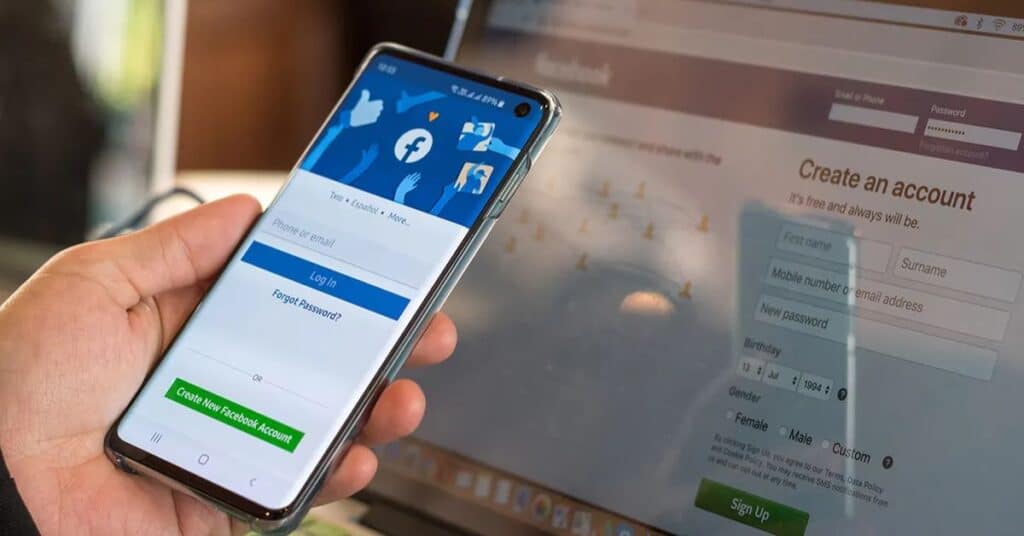
Hackers employ various cyber attacks to breach Facebook accounts, resulting in loss of access. Common methods include phishing, keylogging, and session hijacking.
Weak Passwords
Weak passwords are easily guessed or cracked by hackers, compromising account security. To enhance protection, use complex passwords with a mix of letters, numbers, and symbols. Avoid using easily guessable information like birthdays or pet names.
Phishing Emails
Phishing emails are fraudulent messages designed to trick recipients into revealing sensitive information. They often mimic legitimate sources and may contain urgent requests or links to malicious websites. Always verify the sender’s identity and avoid clicking on suspicious links or providing personal data.
Man In The Middle (MITM)
A Man in the Middle (MITM) attack occurs when a third party intercepts communication between two parties. This allows the attacker to eavesdrop on and potentially manipulate the data being transmitted. It is important to use secure communication channels to prevent MITM attacks.
Remote Keyloggers
Remote keyloggers are malicious programs that secretly record keystrokes on a user’s device. These logs are then sent to a remote server controlled by the attacker, allowing them to capture sensitive information such as passwords and usernames. Users should regularly update their security software to detect and remove keyloggers.
Denial of Service (DoS)
A Denial of Service (DoS) attack floods a system with excessive traffic, rendering it inaccessible to legitimate users. Attackers often use botnets to overwhelm servers or networks, causing disruption or downtime. Implementing robust network security measures can help mitigate the impact of DoS attacks.
Quick guide: Facebook account hacked
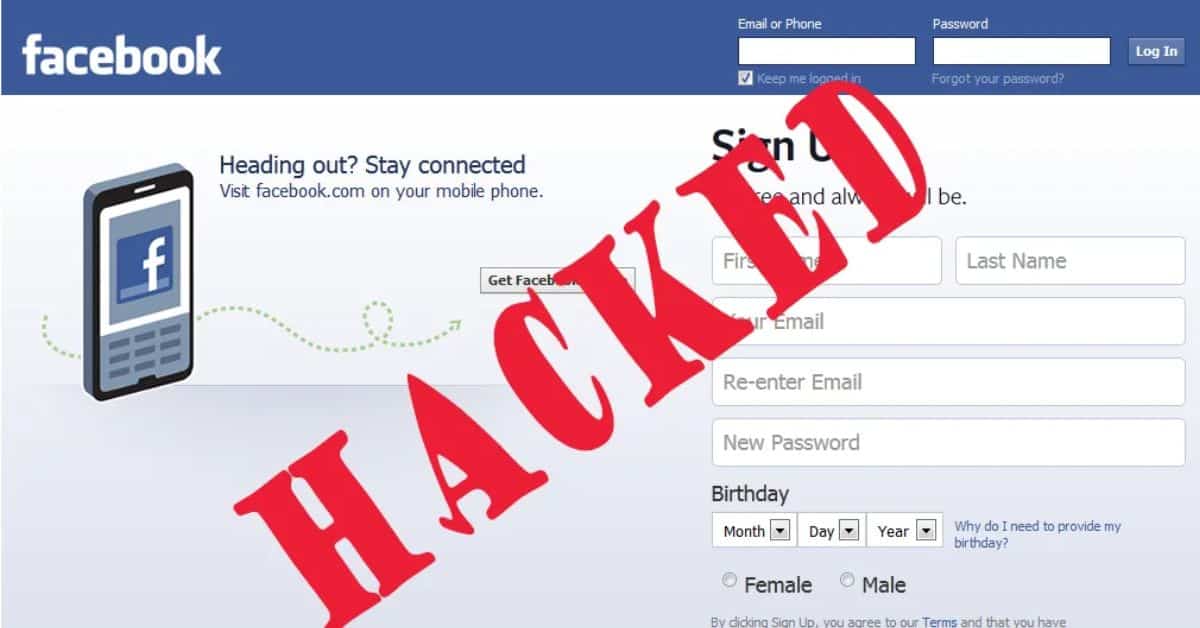
If you suspect your Facebook account has been hacked, act swiftly to regain control. First, check for any suspicious activity on your profile, like unauthorized posts or changes to your personal information. Then, change your password immediately to prevent further access by hackers.
Review your account’s security settings, enabling features like two factor authentication for added protection. If you’re unable to resolve the issue independently, report the hack to Facebook for assistance in recovering your account.
- Check for suspicious activity on your profile.
- Change your password immediately.
- Review and update your security settings.
- Enable two factor authentication for added security.
- Report the hack to Facebook if needed for assistance.
Also Read: How To Log Out Of One Instagram Account
How to tell if your Facebook account has been hacked
If you suspect your Facebook account has been hacked, there are several signs to look out for:
Unauthorized activity: Check for posts, messages, or friend requests that you didn’t make.
Changed login credentials: If your password or email associated with your account has been changed without your consent, it could indicate a hack.
Unrecognized devices: Review the list of devices logged into your account for any unfamiliar ones.
Suspicious notifications: Watch out for unusual alerts, such as login attempts from unfamiliar locations.
Unexpected emails from Facebook: If you receive emails about changes to your account that you didn’t initiate, it could signal a hack.
By staying vigilant and monitoring your account for these signs, you can detect and address a potential hack early.
What steps can be taken to recover a Facebook account?
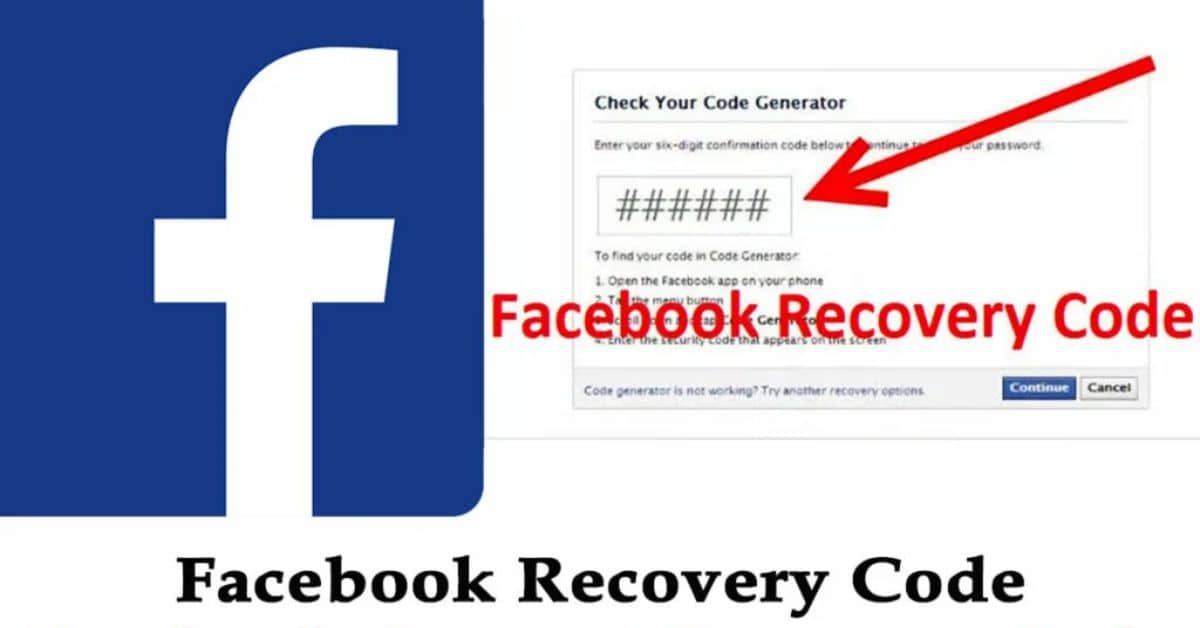
To recover a hacked Facebook account, follow these steps:
Access account recovery: Visit the Facebook login page and click on the “Forgot account?” option.
Identify your account: Enter your email address, phone number, or username associated with the hacked account.
Follow recovery prompts: Facebook will guide you through a series of steps to verify your identity. This may include entering a confirmation code sent to your email or phone number.
Secure your account: Once you regain access, change your password immediately to a strong and unique one. Review your security settings to ensure additional protections like two-factor authentication are enabled.
Check for suspicious activity: Monitor your account for any unauthorized changes or activity and report any concerns to Facebook.
Update contact information: Verify that your email and phone number on file are accurate to prevent future unauthorized access.
Report the hack: If you encounter difficulties during the recovery process or suspect ongoing security threats, report the hack to Facebook’s support team for further assistance.
How to avoid Facebook getting hacked
To prevent your Facebook account from being hacked, follow these tips:
Use a strong password: Create a unique and complex password with a mix of letters, numbers, and symbols. Avoid using easily guessable information like birthdays or pet names.
Enable two-factor authentication: Add an extra layer of security by requiring a second form of verification, such as a code sent to your phone, when logging in.
Be cautious of phishing attempts: Avoid clicking on suspicious links or providing personal information in response to unsolicited messages. Verify the authenticity of emails and websites before entering login credentials.
Keep software updated: Ensure that your devices and apps are running the latest versions with security patches to protect against known vulnerabilities.
Review app permissions: Regularly review and revoke access for third-party apps that have unnecessary permissions to your Facebook account.
Log out from shared devices: Always log out of your Facebook account when using shared or public devices to prevent unauthorized access.
Stay informed about security best practices: Educate yourself about common hacking techniques and stay updated on security tips provided by Facebook and other reputable sources.
How to regain control over your Facebook account
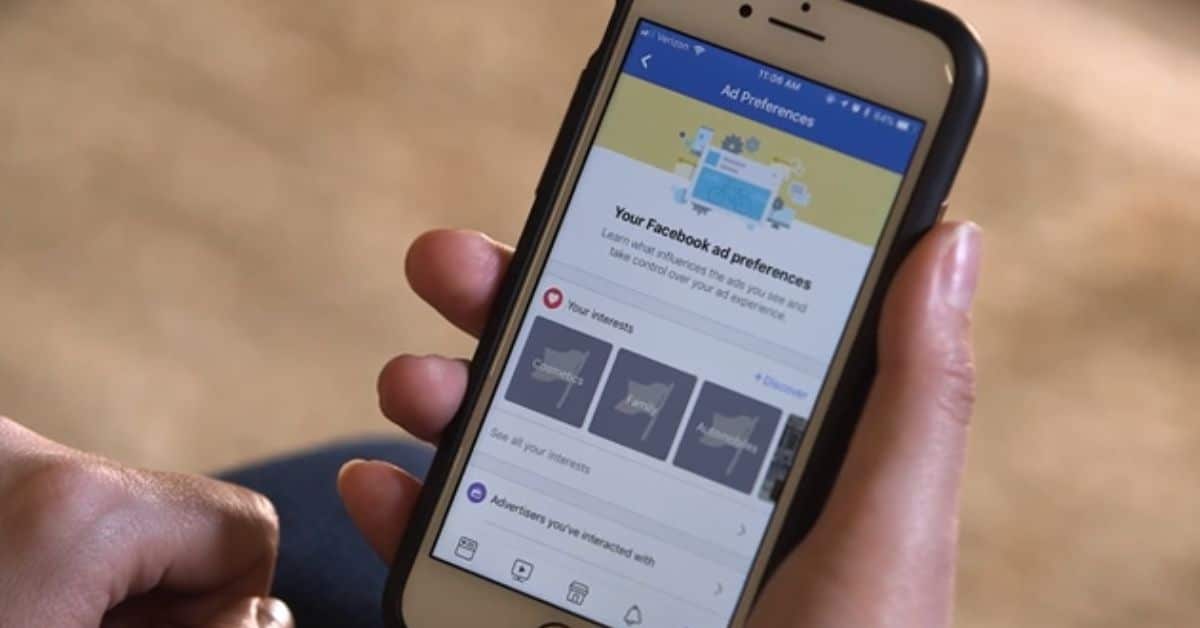
If you have lost control of your Facebook account, there are steps you can take to regain access and secure your account.
Reset your password:
- Click on the “Forgot Password?” link on the login page.
- Follow the prompts to reset your password via email or text message.
- Choose a strong, unique password to enhance security.
Check for unauthorized changes:
- Review your account settings for any unauthorized changes, such as email addresses or phone numbers.
- Remove any unfamiliar email addresses or phone numbers associated with your account.
- Verify that your trusted contacts haven’t been altered.
Contact Facebook support:
- If you are unable to regain access to your account through the standard recovery methods, reach out to Facebook’s support team for assistance.
- Provide as much information as possible to verify your identity and ownership of the account.
- Be patient and persistent in your communication with Facebook support until the issue is resolved.
What about other social media?
When it comes to other social media platforms, similar steps can be taken to protect your accounts from being hacked. This includes using strong, unique passwords for each platform, enabling two-factor authentication whenever possible, being cautious of suspicious links and messages, and regularly reviewing privacy settings.
If you suspect that your account on another social media platform has been hacked, follow the platform’s guidelines for reporting the incident and securing your account.
Also Read: Is Account Receivable An Asset
Legal and Ethical Considerations
Legal and ethical considerations play a crucial role in any attempt to access someone’s Facebook account. Hacking into someone’s account without their consent is illegal and can lead to serious legal consequences, including criminal charges.
Ethically, itis important to respect people’s privacy and not engage in any activity that could harm them or violate their rights. Instead of hacking, it’s best to focus on protecting your own account and encouraging others to do the same through secure practices and awareness of potential threats.
Frequently asked question
What to do if you’re locked out of Facebook
If you are locked out of Facebook, try resetting your password using the “Forgot Password” option on the login page. If that does not work, you can contact Facebook support for further assistance.
How can I report a hacked Facebook account to Facebook?
To report a hacked Facebook account, visit the Facebook Help Center and go to the “Hacked Accounts” section. Follow the instructions to report the issue and provide any relevant details about the hack.
What should I do if I suspect someone has hacked my Facebook account?
If you suspect someone has hacked your Facebook account, immediately change your password and enable two-factor authentication for added security. Report the incident to Facebook and monitor your account for any suspicious activity.
How can I protect my Facebook account from being hacked?
Protect your Facebook account by using a strong, unique password, enabling two-factor authentication, and being cautious of phishing attempts and suspicious links. Regularly review your account settings and privacy options for additional security.
Are there any ethical ways to hack a Facebook account?
No, hacking into someone’s Facebook account without their permission is illegal and unethical. Always obtain proper authorization before attempting to access someone else’s account, even for ethical purposes such as security testing.
Is it legal to hack into someone’s Facebook account?
Hacking into someone’s Facebook account without their consent violates Facebook’s terms of service and can lead to legal consequences. Always respect others’ privacy and refrain from unauthorized access to their accounts.
Summary
Attempting to hack a Facebook account is illegal and unethical, and can result in severe legal repercussions. It is important to prioritize privacy and refrain from engaging in unauthorized access to someone else’s account.
Protecting personal accounts through strong passwords, two factor authentication, and vigilant monitoring of account activity is crucial to prevent hacking attempts and safeguard sensitive information from unauthorized access.

Alexander, our distinguished author, boasts 6 years of rich experience in finance. His profound insights and adeptness in navigating financial intricacies make him a valuable asset, ensuring content that resonates with expertise.

